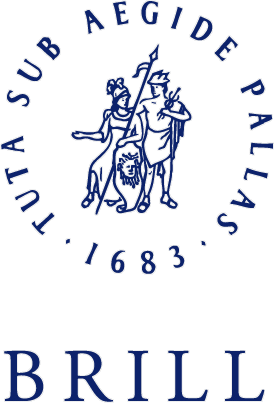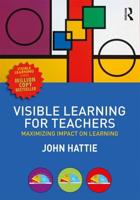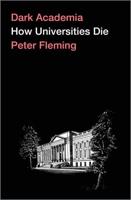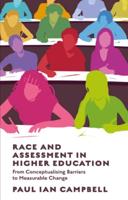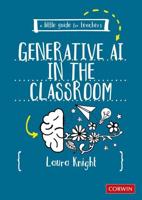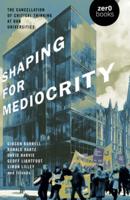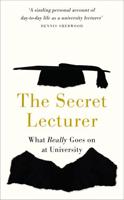Publisher's Synopsis
The modern American university has, for more than a century, been the frontier where those who aspired to social and economic advancement ventured. Initially, the guides for the aspirants were the professors, who having earned the trust of both the general public and practitioners, provided the necessary foundation for entry into the profession. It was understood that what took place in the academy was an introductory experience as all professions require some form of supervised practical experience prior to being admitted into the profession. Research done by members of the academy served as the primary source of knowledge advancing the professions. Finally, those who were engaged in these acts of knowledge production were actively involved establishing pre-professional curriculum, teaching and evaluation, and they were held in high regard for this work. The final quarter of the twentieth-century marked a shift in the general attitude toward the professorate and the academy. Trust was replaced with accountability and the high regard once enjoyed was undermined by suspicion. The traditional model of the academy once seen as a community of scholars was replaced by a new corporate mind-set. Production became more important than inquiry. These shifts resulted in a university where students were trained in response to the needs of others who defined the frontier for them. This shift responds to the mitra of the day.

